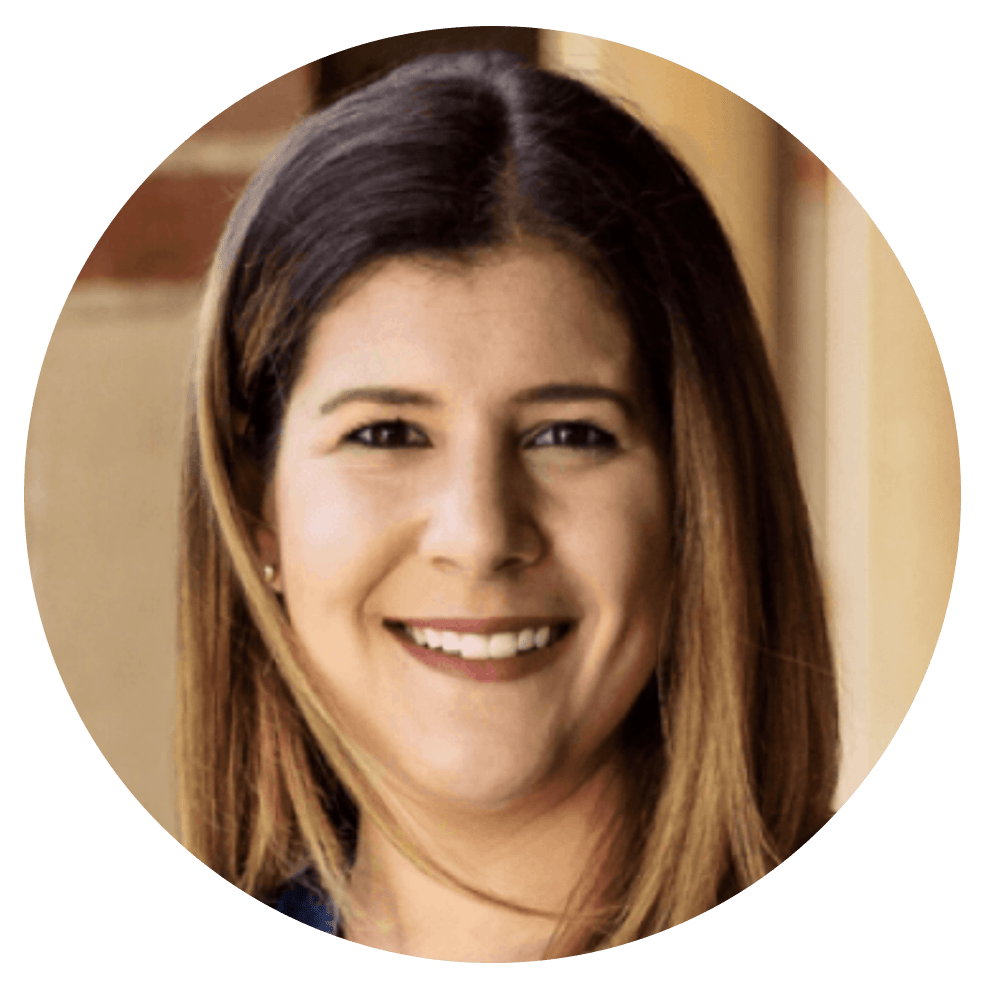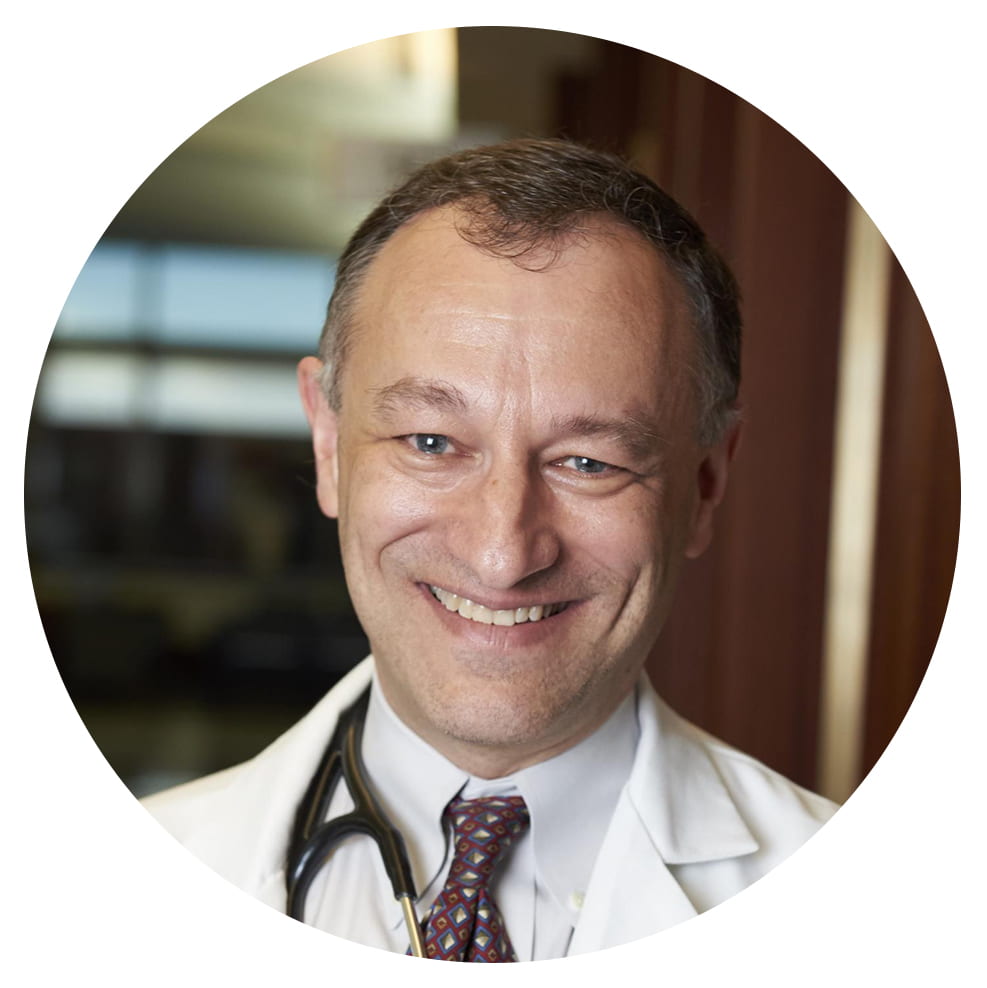Faculty
For general inquiries or questions about the minor program, please email hlth@uchicago.edu.
Chair

Eugene Raikhel
Chair, Health and Society; Associate Professor, Comparative Human Development
Eugene Raikhel is a cultural and medical anthropologist with interests encompassing the anthropology of science, biomedicine and psychiatry; addiction and its treatment; suggestion and healing; and post-socialist transformations in Eurasia. He is particularly concerned with the circulation of new forms of knowledge and clinical intervention produced by biomedicine, neuroscience and psychiatry. His work follows therapeutic technologies as they move both from “bench to bedside” and from one cultural or institutional setting to another, examining how they intersect with the lives of practitioners and patients.
Eugene Raikhel’s 2024–25 Courses
- HLTH 17000 Introduction to Health and Society (Autumn)
Instructors

Paula Martin
Assistant Instructional Professor, Health and Society
Paula Martin (she/they) works across the fields of medical anthropology, science and technology studies, gender studies and youth studies, investigating how gendered medical practices shape the ways that young peoples’ futures are imagined and enacted.
Her current book project, “Practicing Gender,” is an ethnographic study of clinical practices of affirming gender care for youth in the United States. They teach courses in medical anthropology, transgender and gender studies, and science and technology studies. Learn more about Paula Martin here.
Paula Martin’s 2024–25 courses
- HLTH 17000 Intro to Health and Society (Winter; Spring)
- HLTH 12103 Treating Trans-: Practices of Medicine, Practices of Theory (Winter)
- HLTH 24299 Troubling Adolesence (Spring)

Alexandra Tate
Research Director in the Section of Hospital Medicine at the University of Chicago.
Dr. Tate is a Research Director in the Section of Hospital Medicine at the University of Chicago. As a medical sociologist, her research uses both qualitative and quantitative approaches to examine the implementation of health care policies in the U.S. Her interests lie in the complexities of doctor-patient interaction and implications for patient care, with a focus on the therapeutic relationship between clinicians and patients with complex illnesses. Her current research projects investigate physician and patient attitudes towards end-of-life care, documentation of end-of-life preferences, and perceptions of death and dying. Her research aims to benefit the medical and patient communities through in-depth fieldwork and comprehensive surveys. She has presented her work at the American Sociological Association, the National Communication Association, and the International Conference on Conversation Analysis, among others.
Alex Tate’s 2024–25 Courses
- HLTH 24003 Death and Dying (Winter)
Faculty Committee

Kavi Bhalla
Associate Professor, Public Health Sciences

Michele Friedner
Associate Professor; Director of Graduate Studies, Comparative Human Development;

David Meltzer
Professor, Department of Medicine; Affiliated faculty at the University of Chicago Harris School of Public Policy and the Department of Economics

Michael Rossi
Associate Professor of the History of Medicine; Chair, Conceptual and Historical Studies of Science and the College
His first book manuscript traces the origins of color science—the physiology, psychology, and physics of color—in the late-nineteenth-century United States to a series of questions about what modern America ought to be: about the scope of medical, scientific, and political authority over the sensing body; about the nature of aesthetic, physiological, and cultural development between individual and civilization; about the relationship between aesthetic harmony, physiological balance, and social order.
His second project looks at how linguists, anatomists, and speech pathologists moved, over the course of the twentieth century, from viewing language as a function of sound-producing organs (tongue, lips, palate, larynx, etc.) to searching for a notional “language organ” within the brains of all human beings. Such interpretative shifts in understanding human anatomy are neither an ancient phenomenon nor one limited to extreme medical specialization, but rather are ongoing issues, providing a window on the social, political, and philosophical understanding of modern bodies, medicine, and science.

Jenny Trinitapoli
Professor, Sociology; Director, Center for International Social Science Research
Trinitapoli has written extensively on the role of religion in the AIDS epidemic in sub-Saharan Africa, but religion permeates her research, even when it isn’t present as a variable. Since 2008 she has been the principal investigator of Tsogolo la Thanzi (TLT)—an ongoing longitudinal study of young adults in Malawi. Demographers use terms like “relationship instability” and “fertility trajectories,” but very plainly: TLT asks how young adults negotiate relationships, sex, and childbearing with a severe AIDS epidemic swirling around them. The TLT research centre, located in Balaka (Southern Malawi), is staffed by over two dozen talented locals and supported by grants from the National Institute of Child Health and Human Development.